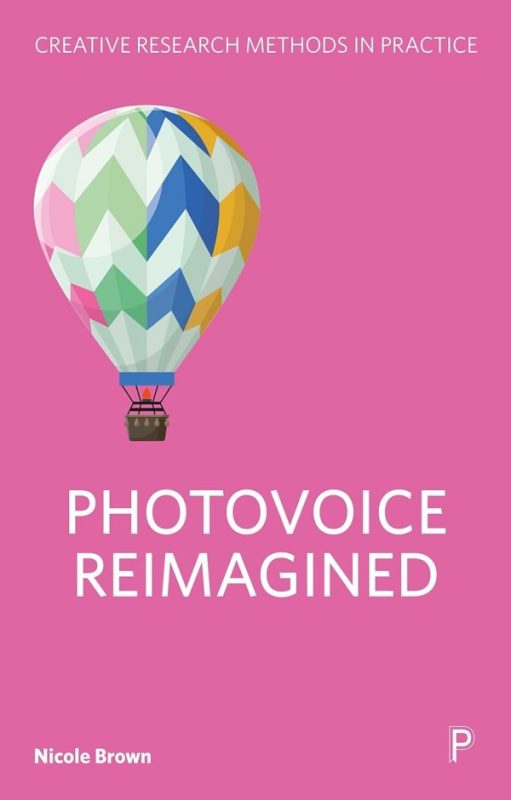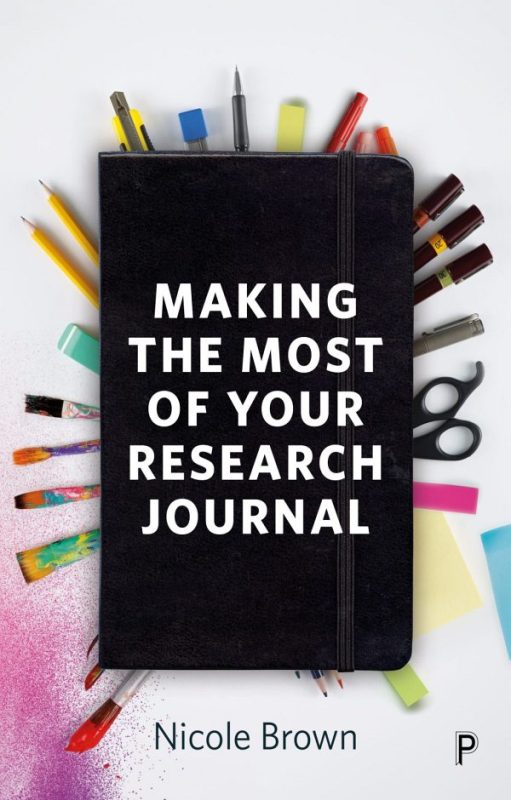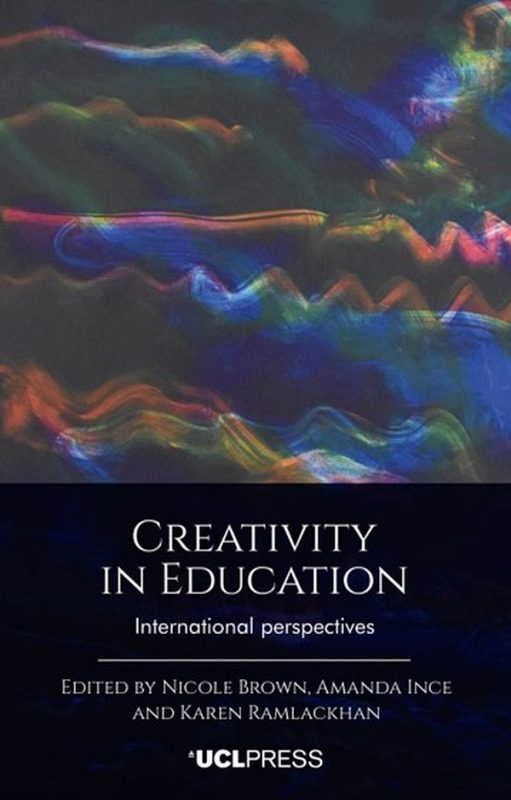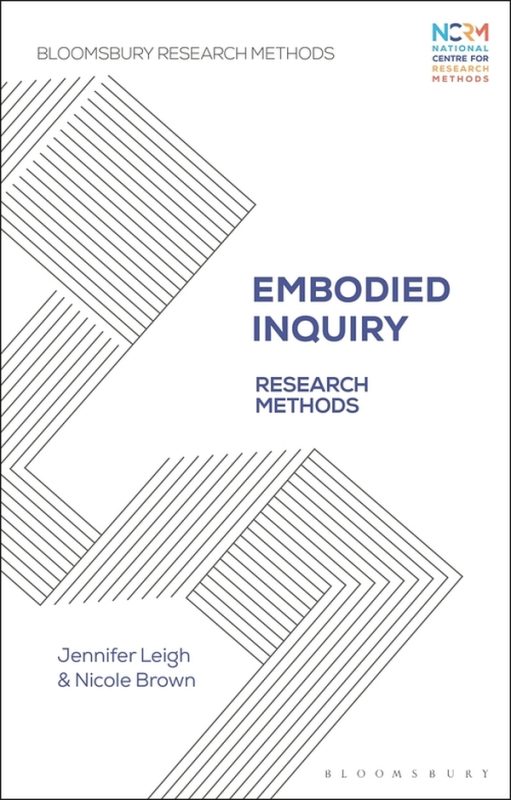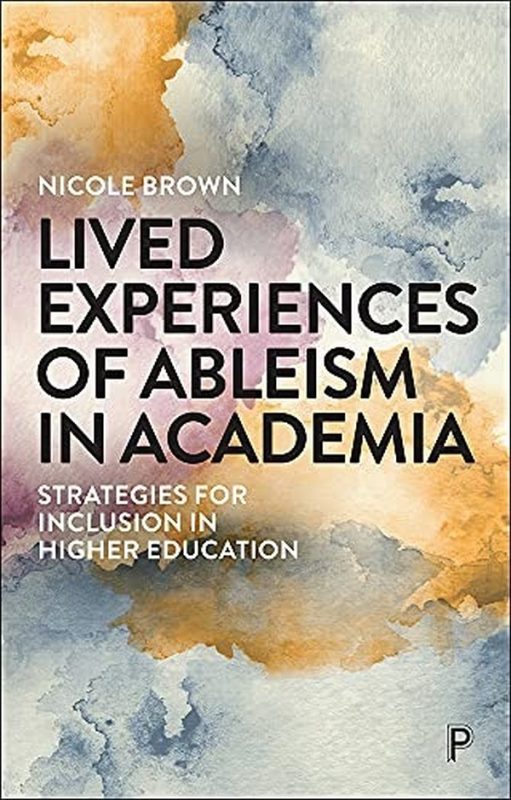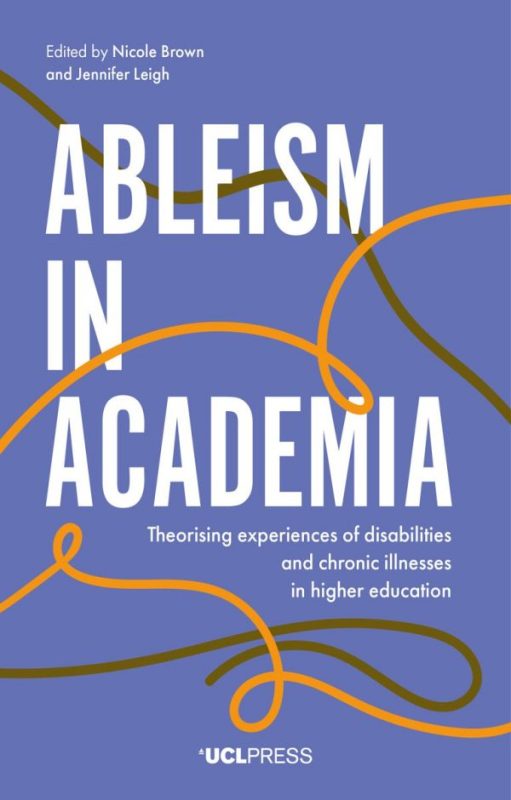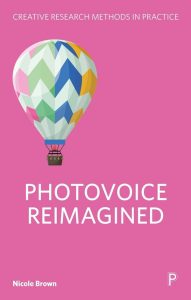
Book: Photovoice Reimagined
"Photovoice Reimagined" introduces photovoice as a method and photovoice as a framework to enable a more participatory approach to research.

Objects as metaphors to account for embodiment
QUEST (Qualitative Expertise at Southampton) in collaboration with the National Centre for Research Methods and the South Coast Doctoral Training Partnership organised a webinar on Metaphor and Method. I was one of three keynote speakers presenting “Objects as metaphors to account for embodiment”. Access the video at the NCRM […]
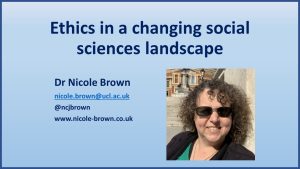
In conversation with REA (Research Ethics Association)
I was asked to an “in conversation with REA”. The Research Ethics Association (REA) brings together academia, industry, and local organisations across all disciplines with the aim of promoting and implementing cross-discipline research ethics, while contributing to ethical practice and research standards. Specifically, I was asked to elaborate on a […]
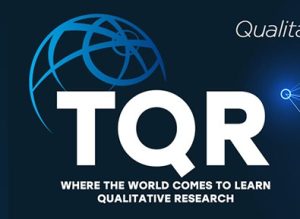
Article: Systematic Visuo-Textual Analysis
This article presents the Systematic Visuo-Textual Analysis, a framework combining visual and textual data in a systematic, analytical approach.
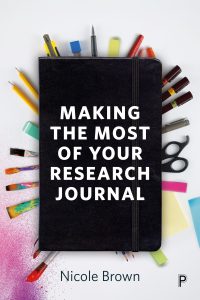
Keeping a research journal that works for you
This is an extract from my contribution to the LSE Impact blog discussing how to keep an effective research journal, thereby busting some of the myths surrounding research journaling.
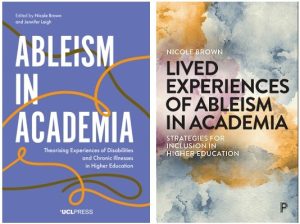
Recordings of ableism events and keynotes
It is with great excitement and pride that I share a list of scheduled ableism events. Celebrating the launch of my two edited books, find here events about Ableism in Academia.
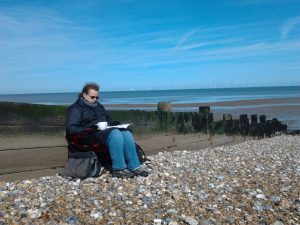
Supervising PhDs: Dealing with ‘atypical’ students
This is an extract from a guest post on the Supervising PhDs Community Blog, where I explore the experience of "atypical" students, and what research supervisors can do to better support those "atypical" students.
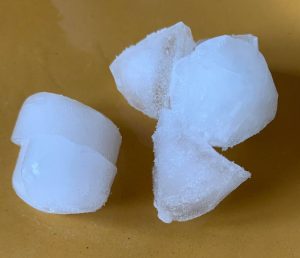
Ice breakers: starting lessons or meetings
This post is about ice breakers, and how we can plan for starting a session effectively without distracting from our contents.
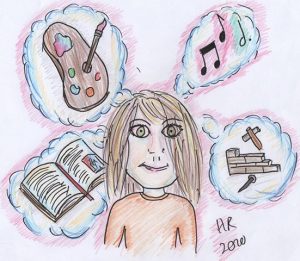
Guest post: Creativity in the Curriculum – An Exam Production-Line
In this guest post Dr Helen Ross reflects on the exam production line of our current school system.
Analysing data that has been collected using creative research methods
Workshop to consider analysis in qualitative research with a specific focus on how to treat and deal with data that is not textual, but comes out of the use of creative methods (drawings, paintings, pick-a-card, models, etc.)
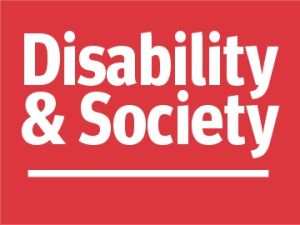
Article: Ableism in academia: where are the disabled and ill academics?
From the context of UK higher education this article explores ableism in academia to stimulate a debate and raise awareness of those disabled and ill academics , whose voices are not heard.
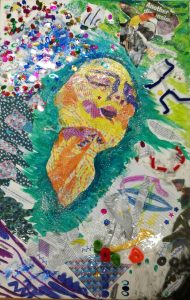
Creative methods – messy data?
This is to stimulate a discussion around boundaries of research, ethics and ownership of "messy data" resulting from creative methods.
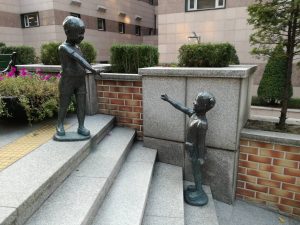
Learning from the Korean context
This post shows the Korean educational context and how I have discovered that you can be half-way around the world, and yet nothing changes.
Integrity at the core of strategies to prevent cheating and plagiarism
Universities need to teach professional values and integrity, if plagiarism and cheating is to be prevented in the long-term.
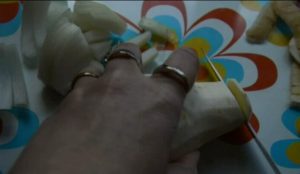
Simulation of cognitive dysfunction
This is a brief simulation of what cognitive dysfunction and brain fog feel like.
Invisible illness and academic identity
A brief outline of intended research in relation to the invisible illness fibromyalgia and its impact on academic identity.
